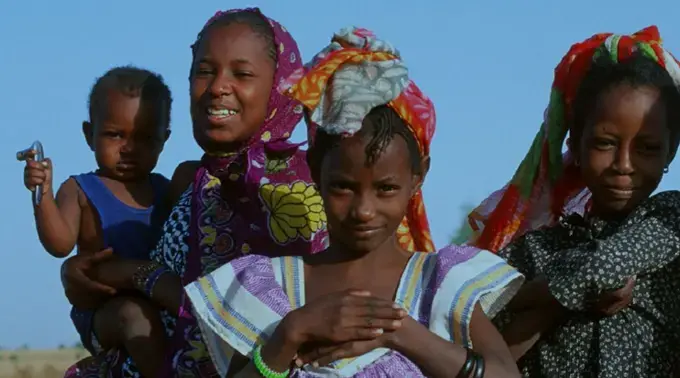Child marriage is a violation of children's rights and a reflection of underlying gender inequality. It is a harmful practice, which severely affects the rights of a child and further deprives the child from attaining aspirations in life. While it affects both boys and girls, girls are disproportionately affected - four and half times more likely to get married at an early age compared to boys. Child marriage is prevalent in most of the countries in the world, but the highest rates are found in South Asia followed by Sub-Saharan Africa. Seven (7) out of 10 countries with the highest prevalence of child marriage in the world are found in Africa. Worldwide, more than 75 million young women aged 20 to 24 years, a quarter of them in Africa, entered their first marriage or union before they celebrated their 18th birthday. Girls in rural areas are twice as likely to become child brides as girls from urban areas. Similarly, girls from the poorest households are twice as likely to marry before age 18 as girls from the richest households.
In response to this challenge, this issue has been treated as a priority in the global and continental development frameworks (notably, Agenda 2063 and 2030 Agenda, respectively) and there have been different efforts at different levels to address this problem. However, despite the efforts, the decline is in a very slow pace and, girls still suffer significant deprivations and inequalities, many of which result from the persistent gender discrimination faced by girls and women and other inter-related socio-cultural and economic factors such as poverty, limited awareness on the negative impacts of the practice and the importance of education of girls. If these trends continue, by 2050, almost half of the child brides in the world will be African[i].
As the 2nd most affected continent, the African Union Commission (AUC) initiated with support from partners a Campaign to End Child Marriage in Africa in May 2014 aiming at promoting, protecting and advocating for the rights of women and girls in Africa. The Campaign works towards building on existing activities of governments and partners in ending child marriage and is based on advocacy, monitoring and evaluation as well as the facilitation of technical assistance and capacity building.
As child marriage is one of the issues in its Strategic Plan, UNFPA has been engaged from the continental launch in 2014 and visibly contributed to the Campaign through the Representation Office to the AU and ECA. The Representation Office has been coordinating, mobilizing (technical and financial resources) and contributing to UNFPA’s overall engagement and interventions related to the Campaign.


